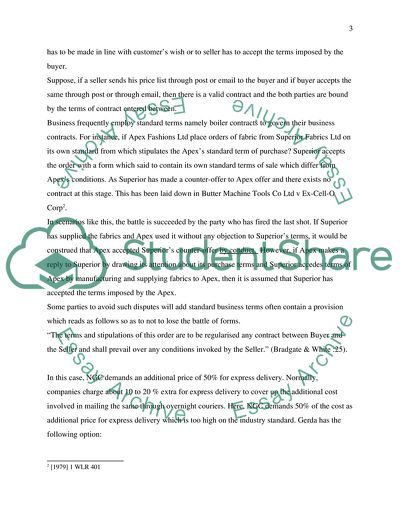Cite this document
(Sale of Goods Act 1979 Assignment Example | Topics and Well Written Essays - 2029 words, n.d.)
Sale of Goods Act 1979 Assignment Example | Topics and Well Written Essays - 2029 words. Retrieved from https://studentshare.org/law/1722593-contract-law-coursework
Sale of Goods Act 1979 Assignment Example | Topics and Well Written Essays - 2029 words. Retrieved from https://studentshare.org/law/1722593-contract-law-coursework
(Sale of Goods Act 1979 Assignment Example | Topics and Well Written Essays - 2029 Words)
Sale of Goods Act 1979 Assignment Example | Topics and Well Written Essays - 2029 Words. https://studentshare.org/law/1722593-contract-law-coursework.
Sale of Goods Act 1979 Assignment Example | Topics and Well Written Essays - 2029 Words. https://studentshare.org/law/1722593-contract-law-coursework.
“Sale of Goods Act 1979 Assignment Example | Topics and Well Written Essays - 2029 Words”. https://studentshare.org/law/1722593-contract-law-coursework.


